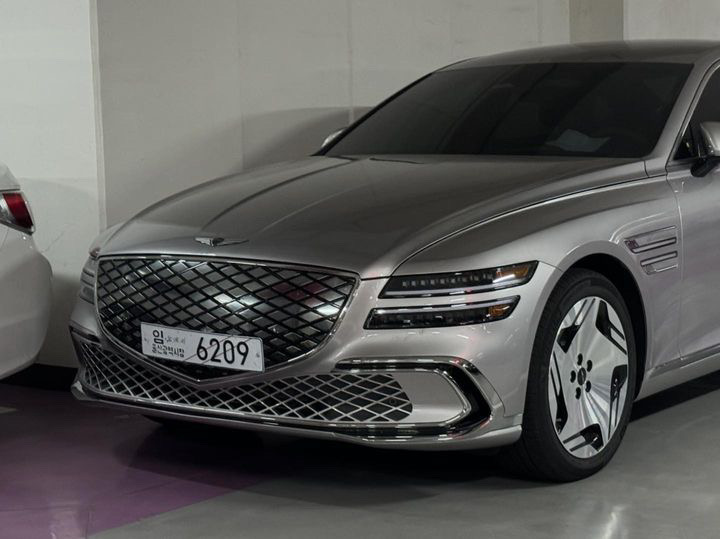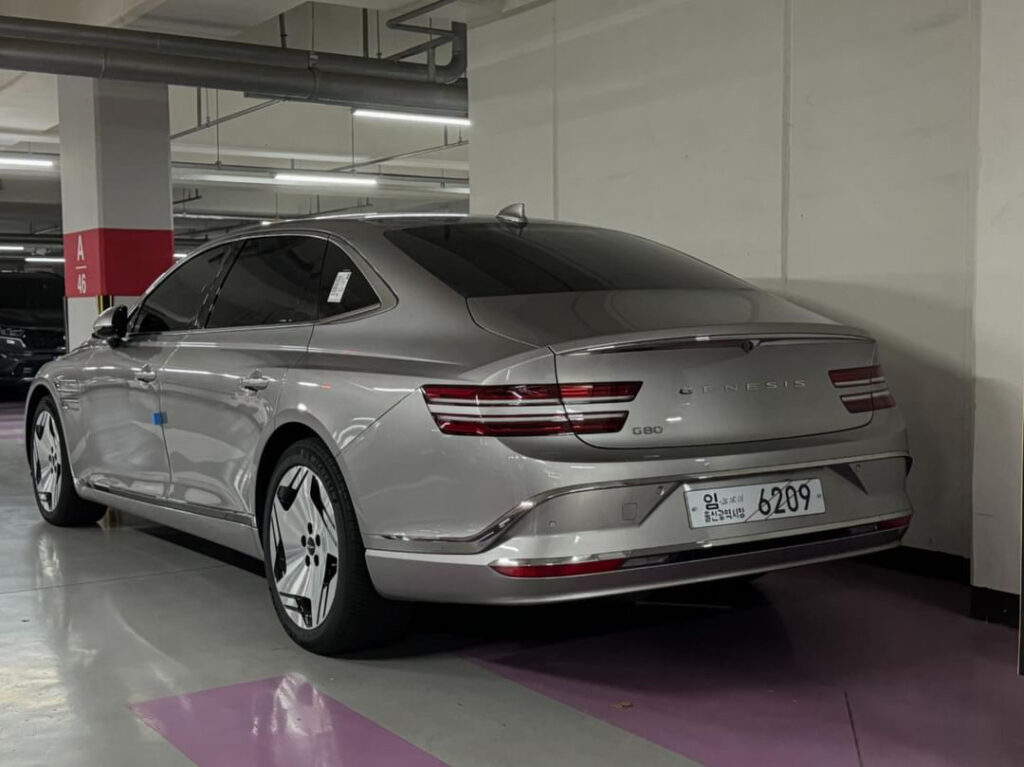Genesis has confirmed that the 2025 G80 Electrified (eG80) will no longer be sold in the U.S. market. While the automaker has not issued a detailed statement, industry insiders point to sluggish sales and the looming tariffs on South Korean-built EVs as key reasons behind the decision. Will it launch the 2026 long wheelbase model?
The G80 Electrified was assembled in South Korea, which means it did not qualify for the U.S. federal EV tax credit, potentially impacting its competitiveness against domestic electric luxury sedans.
A Look Back at the Pre-Facelift G80 Electrified
Despite its early retirement from U.S. showrooms, the 2025 G80 Electrified was far from an underperformer. Key specs included:
- Power: 365 horsepower from dual electric motors
- Battery: 87.2 kWh capacity
- Range: Around 282 miles per charge (EPA-est.)
- Drivetrain: Standard all-wheel drive (AWD)
These figures positioned the eG80 as a capable competitor in the luxury EV sedan segment, blending performance, comfort, and the refined styling Genesis is known for.


The US-Spec 2026 G80 Electrified test car was spotted inside a parking lot in Korea (@carinside_korea)
The 2026 Genesis G80 Electrified — A Bigger, Better Successor
While the U.S. says goodbye to the G80 EV, the global market is preparing for a 2026 model built on the long-wheelbase G80 platform. This updated model features:
- Facelifted Design: Redesigned headlights, grille, bumper, and new alloy wheel designs
- Upgraded Interior: High-end luxury cabin with executive rear seats, rear entertainment screens, and premium materials
- Bigger Battery: Thanks to the long-wheelbase layout, the new G80e benefits from an increased battery pack size (94.5 kWh).
- Advanced Comfort: Improved ride quality and cabin space for rear passengers
Unfortunately, current indications suggest this 2026 G80 Electrified will not be offered in the U.S., likely due to the same tariff and sales concerns that affected its predecessor.
EV Luxury Sedan Market Impact
Genesis’ decision to discontinue the G80 Electrified in America underscores the growing complexity of EV market economics, especially for imported luxury electric vehicles. With competition heating up from domestic brands like Tesla, Cadillac, and Lucid — all of which benefit from U.S.-based production — overseas automakers may increasingly face tough decisions about which markets to prioritize.



